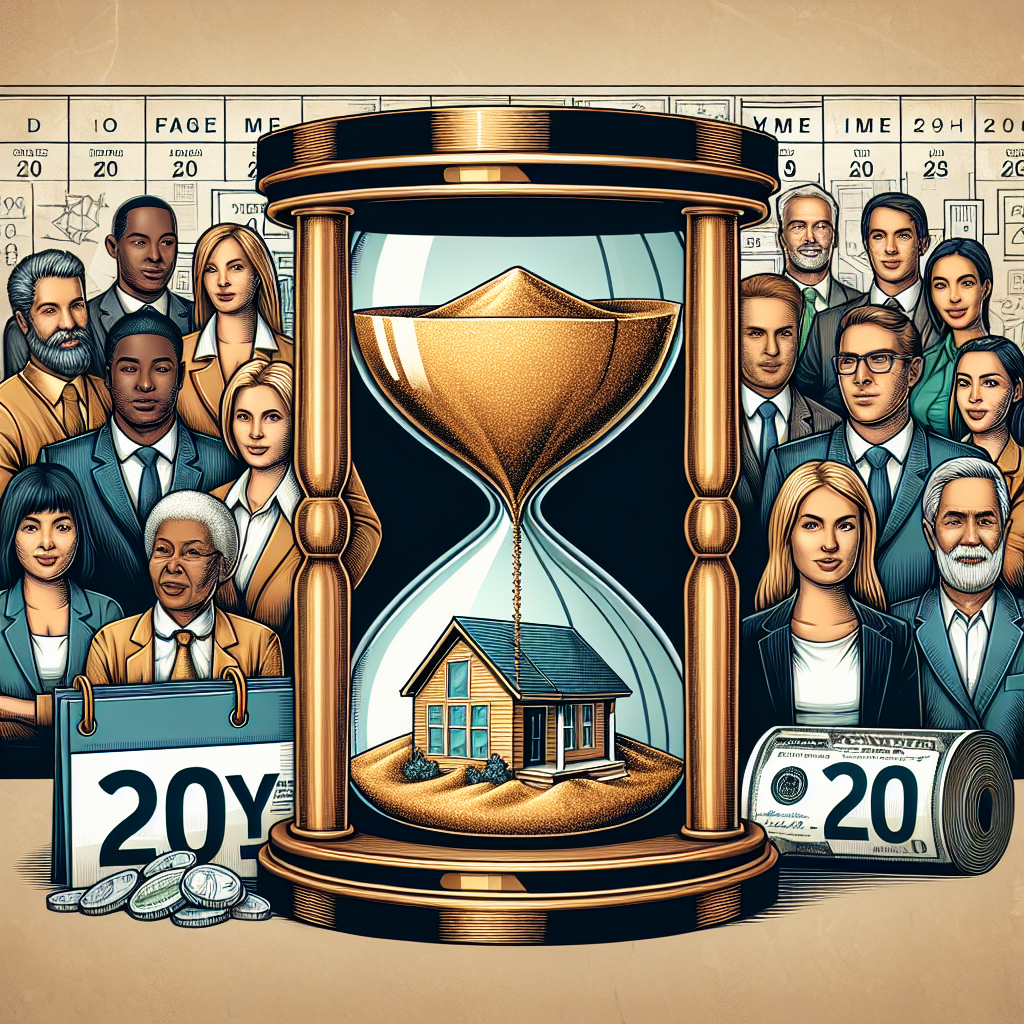
20 year fixed mortgage
The Advantages of a 20 Year Fixed Mortgage
When it comes to home financing, choosing the right mortgage product is pivotal for your long-term financial health. Among the many options available, a 20 year fixed mortgage stands out as a popular choice for those looking to balance affordability with financial stability. In this article, we'll explore the numerous advantages of a 20 year fixed mortgage, how it compares to other mortgage types, and factors to consider when applying for this loan product.
What is a 20 Year Fixed Mortgage?
A 20 year fixed mortgage is a loan designed to be paid off over a 20-year span, with a fixed interest rate throughout the life of the loan. This means your monthly payments remain consistent, making budgeting simpler.
- Fixed Interest Rate: The interest rate doesn’t change throughout the loan term, providing predictability in monthly payments.
- Longer Repayment Period: The 20-year term strikes a balance between the lower monthly payments of a 30-year loan and the higher payments of a 15-year loan.
- Equity Building: With a shorter term than a traditional 30-year loan, you build equity in your home faster.
Benefits of a 20 Year Fixed Mortgage
Opting for a 20 year fixed mortgage offers several distinct advantages. Here are some key benefits:
- Lower Interest Rates: Typically, 20-year loans have lower interest rates compared to 30-year loans, which can translate into significant savings over time.
- Less Interest Paid Overall: Because the repayment period is shorter, homeowners pay less in total interest compared to a 30-year mortgage.
- Faster Home Equity Accumulation: You build equity more quickly, providing you with greater financial freedom for future projects or investments.
- Predictable Payments: Knowing your payment will not change provides peace of mind and makes budgeting easier.
How Does a 20 Year Fixed Mortgage Compare to Other Options?
Understanding how a 20 year fixed mortgage compares to other common mortgage types is essential for making an informed decision. Below, we break down the differences between the 20-year fixed, the 30-year fixed, and the 15-year fixed mortgage.
| Mortgage Type | Loan Term | Monthly Payments | Total Interest Paid | Equity Building |
|---|---|---|---|---|
| 20 Year Fixed | 20 years | Moderate | Lower than 30-year | Faster |
| 30 Year Fixed | 30 years | Lower | Higher | Slower |
| 15 Year Fixed | 15 years | Higher | Lower than 20-year | Fastest |
Key Considerations When Choosing a 20 Year Fixed Mortgage
Before committing to a mortgage, it’s important to weigh various factors that may affect your choice:
- Your Financial Situation: Evaluate your income, expenses, and savings to determine what monthly payment you can afford.
- Future Plans: Consider how long you intend to remain in your home. A 20-year loan is generally ideal for those planning to stay put.
- Interest Rates: Keep an eye on current interest rates as they can impact your monthly payment and overall costs.
- Additional Costs: Don't forget to include property taxes, insurance, and maintenance costs in your overall budget.
How to Get the Best Rates on a 20 Year Fixed Mortgage
Shopping around for the best rates and terms is essential when it comes to obtaining a mortgage. Here are some tips that can help you secure favorable loan conditions:
- Improve Your Credit Score: A higher credit score often leads to lower interest rates. Take steps to improve your credit before applying.
- Shop Around: Contact multiple lenders to compare offers. Different lenders may provide vastly different rates and terms.
- Negotiate Terms: Don't hesitate to negotiate with lenders if you feel an offer could be improved.
- Consider Larger Down Payments: If possible, a larger down payment can help reduce your loan amount and may qualify you for a better rate.
Tax Implications and Benefits
Another aspect to consider is the potential tax implications of a mortgage. While tax regulations may change, here are common benefits associated with a 20 year fixed mortgage:
- Mortgage Interest Deduction: You may be able to deduct the interest you pay on your mortgage from your taxable income.
- Property Tax Deductions: Property taxes may also be deductible, adding another layer of financial benefit.
- Potential for Capital Gain Exclusions: If you qualify, you can exclude a certain amount of profit from capital gains taxes when selling your primary residence.
Conclusion
In summary, a 20 year fixed mortgage offers a blend of lower interest rates, quicker equity accumulation, and predictable monthly payments, making it an attractive option for many homebuyers. Taking the time to weigh your options, shop around for the best rates, and understand your financial situation is key to making an informed decision. As with any significant financial commitment, due diligence can help pave the way for a successful home financing experience.
Regardless of which mortgage you choose, being proactive and informed will help you take full advantage of your home financing. We hope this article provides you with the insights needed to understand the benefits and implications of choosing a 20 year fixed mortgage.
By Guest, Published on August 11th, 2024